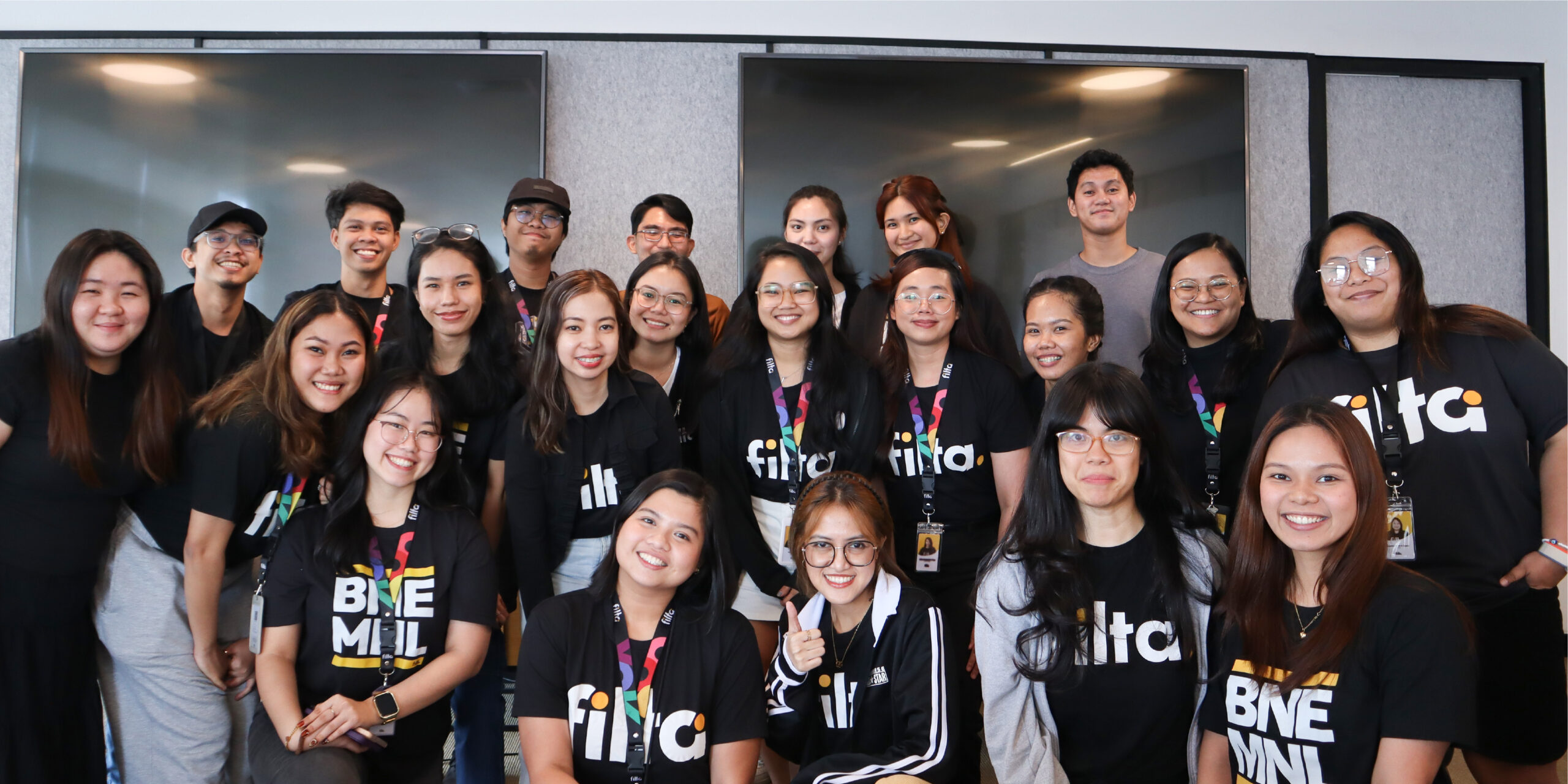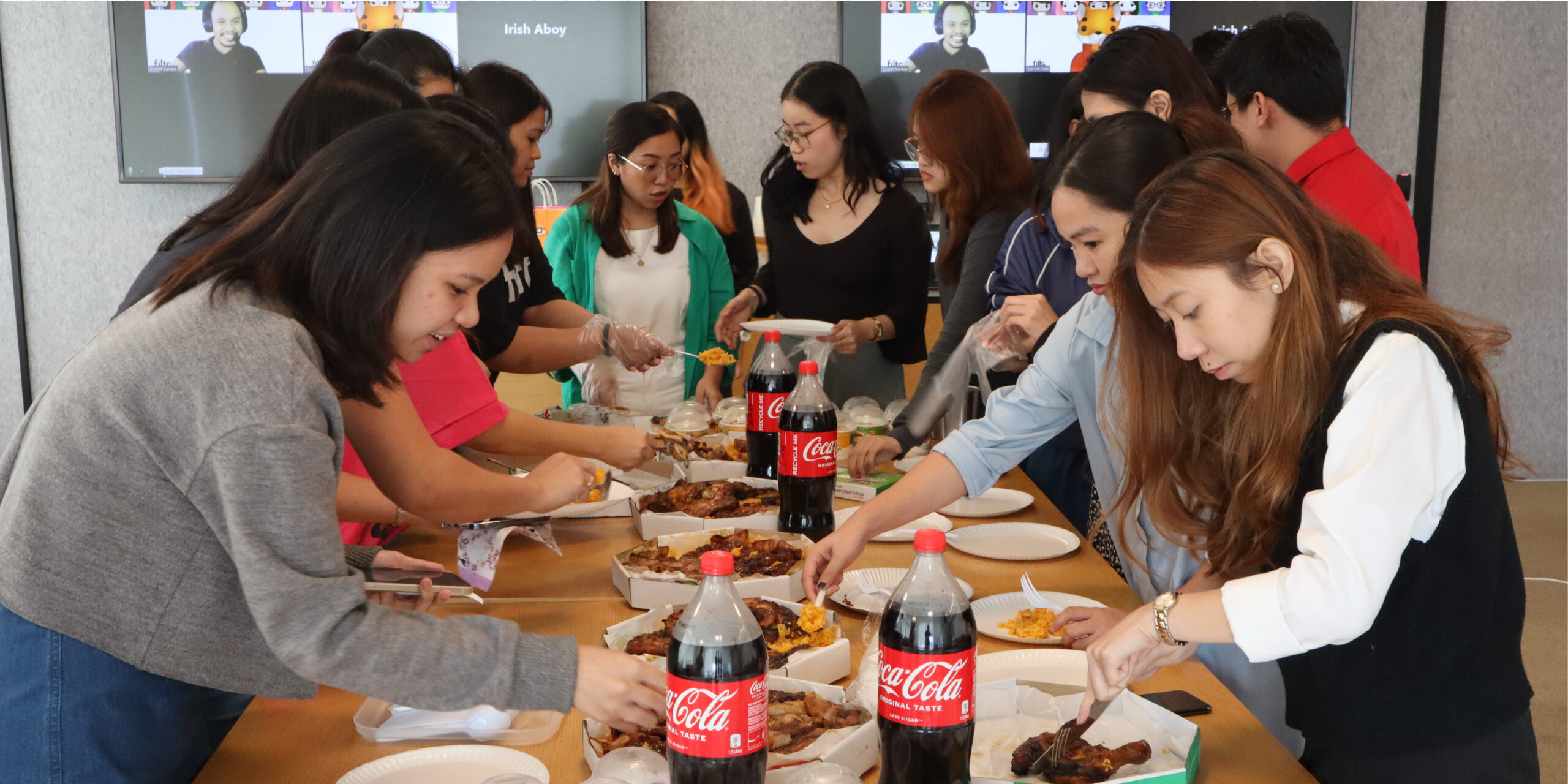An article by Efren Chaux
Summary: As remote teams become integral to delivering knowledge-based services, cultural misalignments between headquarters and offshore teams can hinder execution. While operational systems are in place, many organizations overlook how cultural differences influence decision-making and team dynamics. This article highlights the importance of Cultural Intelligence (CQ) in bridging these gaps, ensuring that global teams deliver effectively and cohesively.
The rise of distributed global teams has transformed how knowledge-based services are delivered. What was once an operational exception is now standard: Australian and U.S. companies increasingly rely on remote professionals in countries like the Philippines and Colombia to deliver core services in marketing, finance, customer operations, and more.
Yet while the infrastructure is in place, the execution often falls short – not due to technical capability, but because of unseen cultural disconnects. Leaders assume remote delivery is a problem of workflow, when in reality, it’s frequently a problem of worldview. Without clear articulation of how cultural norms shape decision-making, communication, and team dynamics, companies risk misaligned outcomes even when all the “systems” appear to be working.
1. Standardization Without Context is a Strategic Risk
Multinational brands like McDonald’s provide a helpful analogy. The company’s global strategy is simple: offer burgers with sides. But McDonald’s also understands that “sides” are culturally defined. In the U.S. and Australia, the default side is fries and soft drink. In the Philippines or Indonesia, it’s rice and iced tea. The strategic principle is fixed – the delivery is localized.
In remote service delivery, however, many companies fail to make this distinction. They outline what must be done but assume everyone interprets it the same way. A task that seems unambiguous in Melbourne or Miami can be interpreted very differently in Medellín or Manila if cultural drivers aren’t explicitly addressed.
The problem isn’t intent. It’s that execution is never culturally neutral.
2. The Individualist / Collectivist Divide in Decision-Making
One of the most significant – and under examined – differences in global delivery lies in how decisions are made.
In individualist cultures (e.g., Australia, U.S., U.K.), decisions are outcome-oriented and typically assessed on merit, efficiency, and direct responsibility. In collectivist cultures (e.g., the Philippines, Colombia), decisions may be shaped by relational dynamics, group harmony, and status sensitivity.
This means a remote team member might make what appears to be a “suboptimal” decision – not because they misunderstood the task, but because they prioritized relational cues or internal group dynamics over the stated goal. Without a shared framework for how decisions should be made, companies find themselves managing outcomes that feel misaligned but are, in fact, culturally logical.
3. Team Management: Common Sense is Regional, Not Universal
Managers frequently assume that “common sense” practices will scale across geographies. They won’t. Expectations around feedback, recognition, autonomy, and even workload vary widely by culture.
For instance:
- In collectivist societies, ice-breakers and informal bonding rituals are not peripheral; they’re foundational to building trust and team performance.
- Staff referencing family obligations or personal matters in professional contexts may signal prioritization of community over task – not a lack of professionalism.
- Team structure, influence, and recognition often reflect status and group cohesion, not just individual merit.
The mistake isn’t cultural difference – it’s assuming there is none.
Effective managers of remote teams become culturally bilingual. They don’t impose a singular worldview, nor do they abandon standards. Instead, they define what’s fixed (expectations, outcomes) and adapt how those expectations are communicated and executed locally.
4. Cultural Intelligence as a Delivery Capability
Cultural Intelligence (CQ) – as framed by experts like Erin Meyer (Erin’s book “The Culture Map” is a must read for anyone running global teams) and David Livermore (David has a great article in HBR about leading global teams effectively) – is not a soft skill. It is a delivery competency. CQ enables leaders to:
- Understand how different cultures interpret hierarchy, autonomy, and initiative.
- Adjust communication styles from high-context (implicit) to low-context (explicit) cultures.
- Build trust in ways that reflect local norms – task-based in some cultures, relationship-based in others.
A culturally intelligent leader doesn’t just “manage” a global team. They create the conditions for aligned execution by ensuring team members understand the purpose, priorities, and expected outcomes through culturally relevant lenses.
This isn’t about over-customizing. It’s about translating strategy into action with precision.
5. Why Most Organizations Aren’t There Yet
The pandemic normalized remote staffing. But most businesses have yet to mature into culturally competent delivery organizations. Many still apply home-market assumptions about communication, accountability, and “business as usual” to global teams – often unintentionally.
These companies build universal systems without asking whether their worldview is truly universal. They promote cohesion but fail to clarify where alignment ends and local interpretation begins. They focus on KPIs without realizing that cultural misalignment is eroding the very inputs those metrics depend on.
Organizations that close this cultural gap will not only improve performance – they will also retain talent, reduce delivery friction, and better serve their end clients.
Conclusion: Define, Translate, Deliver
Global remote teams are here to stay. But success requires more than systems and SOPs. It requires cultural intelligence built into delivery frameworks, team management, and communication.
The best-performing companies will:
- Define what is non-negotiable.
- Translate expectations across cultural lines.
- Deliver outcomes in a way that respects both brand consistency and local context.
At Filta, we work with global businesses every day to help bridge this cultural execution gap – ensuring remote teams perform not just consistently, but contextually.
Connect to Efren Chaux on LinkedIn!














